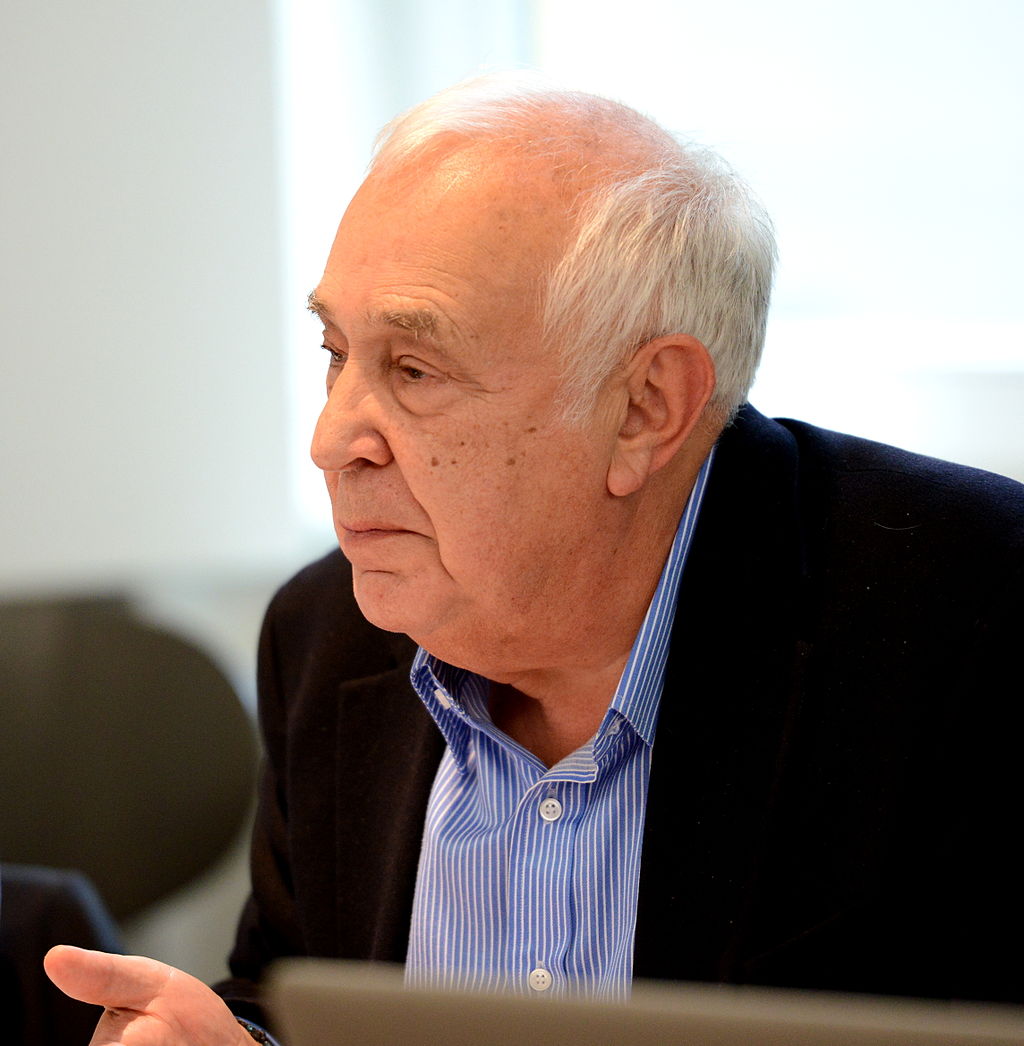Learn about brain health and nootropics to boost brain function
The fall of the economists’ empire

The West still views itself as the bearer of universal civilisation, with the non-West no more than a lagging cultural indicator. But, ironically, the triumph of Western universalism has come just when Western power is collapsing.
The historian Norman Stone, who died in June 2019, always insisted that history students learn foreign languages. Language gives access to a people’s culture, and culture to its history. Its history tells us how it sees itself and others. Knowledge of languages should thus be an essential component of a historian’s technical equipment. It is the key to understanding the past and future of international relations.
But this belief in the fundamental importance of knowing particular languages has faded, even among historians. All social sciences, to a greater or lesser degree, start with a yearning for a universal language, into which they can fit such particulars as suit their view of things. Their model of knowledge thus aspires to the precision and generality of the natural sciences. Once we understand human behaviour in terms of some universal and – crucially – ahistorical principle, we can aspire to control (and of course improve) it.
No social science has succumbed to this temptation more than economics. Its favoured universal language is mathematics. Its models of human behaviour are built not on close observation, but on hypotheses that, if not quite plucked from the air, are unconsciously plucked from economists’ intellectual and political environments. These then form the premises of logical reasoning of the type, “All sheep are white, therefore the next sheep I meet will be white.”
In economics: “All humans are rational utility maximisers. Therefore, in any situation, they will act in such a way as to maximise their utility.” This method gives economics a unique predictive power, especially as the utilities can all be expressed and manipulated quantitatively. It makes economics, in Paul Samuelson’s words, the “queen of the social sciences”.
In principle, economists don’t deny the need to test their conclusions. At this point, history, one might have thought, would be particularly useful. Is it really the case that all sheep are white, in every place and clime? But most economists disdain the “evidence” of history, regarding it as little better than anecdotage. They approach history by one route: econometrics. At best, the past is a field for statistical inquiry.
The economist Robert Solow offers a devastating critique of the identification of economic history with econometrics, or “history blind” as he calls it:
“The best and brightest in the profession proceed as if economics is the physics of society. There is a single universally valid model. It only needs to be applied. You could drop a modern economist from a time machine … at any time, in any place, along with his or her personal computer; he or she could set up in business without even bothering to ask what time and which place.”
In short, much of the historical modelling economists do assumes that people in the past had essentially the same values and motives as we do today. The Nobel laureate economist Robert Lucas carries this approach to its logical conclusion: “The construction of a mechanical, artificial world, populated by … interacting robots …, that is capable of exhibiting behaviour the gross features of which resemble those of the actual world.”
The goal of economics is to replace the particular languages that obstruct the discovery of general laws with the universal language of mathematics. Elon Musk takes Lucas’s interacting robots one step further, with his ambition to link the human brain directly to the world (which includes other human brains). Our thoughts will be directly socialised without the intermediation of any language. When you think, “Door, open!” it does. Whereas economists dream of putting God in their models, the robotic utopians dream of reversing the fall of man by creating godlike humans.
To be clear, this is the apotheosis of a Western conceit. The West still views itself as the bearer of universal civilisation, with the non-West no more than a lagging cultural indicator. In the West itself, the authority of economics has diminished, but this hasn’t dented the West’s propensity to export its civilisation. “Good economics” has been partly replaced by a commitment to universal human rights as the means to save the world from itself, but the purpose is the same: to lecture everyone else on their shortcomings.
Here, we encounter a paradox. The triumph of universalism has come just when Western power is collapsing. And it was that power which made Western thought seem universal in the first place. Conquest, not missionaries, spread Christianity around the world.
The same is true of Western social science and Western values in general. The non-West bought into the Western model of progress, especially economic progress, because it wanted to free itself from Western tutelage. This still gives economics (a Western invention) its edge. It’s a kind of white man’s magic. But without the power and authority behind the magic, its appeal is bound to fade. The non-West will still want to emulate the West’s success, but will pursue it by its own means. The University of Chicago and MIT will give way to universities in China or India, and the non-West will choose which Western values to embrace.
Yet the world needs something universal to give us a sense of shared humanity. The big challenge – to use that overworked word – is to develop what the philosopher Thomas Nagel called a “view from nowhere” that transcends both cultural fetishism and scientism, and does not force us to choose between them. This is a task for philosophy, not economics. BM
Click here to view full article